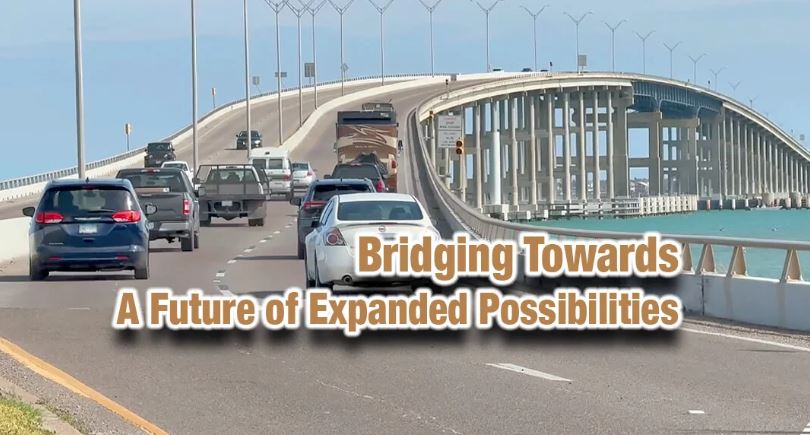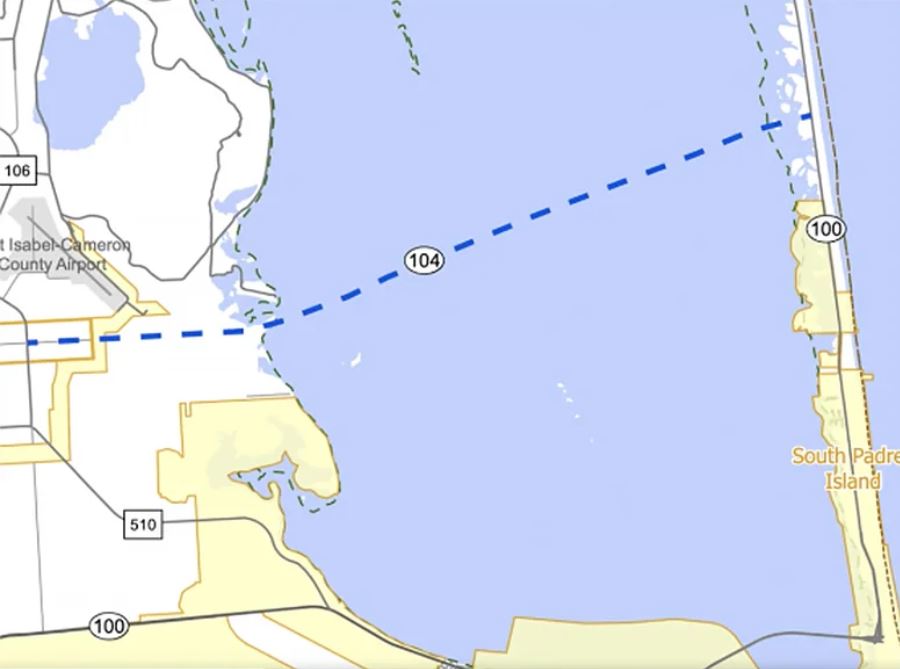
By Roberto Hugo Gonzalez
The story of the second causeway began in 2008, rooted in a clear vision to alleviate the traffic congestion on the existing Queen Isabella Causeway, the sole vehicular artery connecting South Padre Island to the mainland. Beyond mere traffic management, the project emerged from a deeper understanding of the island’s unique needs, including enhancing emergency evacuation routes and spurring economic development.

Pete Alvarez, TxDOT’s District Engineer, outlines the multifaceted objectives of the SPI 2nd Access initiative. “It’s not just about easing traffic,” Alvarez explains, “it’s about ensuring the safety and well-being of both residents and visitors, especially during peak seasons and in the face of natural disasters.” The new causeway is seen as a critical infrastructure upgrade to support rapid evacuation during hurricanes and to facilitate emergency response efforts, addressing a longstanding concern among the island’s stakeholders.
The journey toward realizing the second causeway is loaded with challenges, notably those pertaining to environmental. The project navigates a delicate balance, aiming to minimize its footprint on the region’s sensitive ecosystems. Alvarez emphasizes the ongoing collaboration with federal and state environmental agencies, including the U.S. Fish and Wildlife Service, the Corps of Engineers, and Texas Parks and Wildlife, to ensure adherence to stringent environmental standards.
TxDOT and its partners are committed to transparent engagement, actively seeking public input through meetings and hearings. “It’s imperative that we listen and respond to the community’s concerns and suggestions,” Alvarez notes, highlighting the project’s inclusive approach to addressing potential impacts and garnering support.

Envisioned to stretch approximately 11 miles, with an eight-mile-long bridge section, the proposed causeway is poised to significantly enhance connectivity to South Padre Island. Strategically located north of the existing Queen Isabella Causeway, it aims to distribute traffic more evenly, especially during high-demand periods such as spring break and major holidays.
With an estimated cost ranging between $700 million to $1 billion, the project represents a major investment in the region’s infrastructure, drawing on a mix of local, state, and federal funds. The design phase, set to follow environmental clearance expected by the summer of 2026, will detail a four-lane structure equipped with emergency shoulders, designed to meet the highest standards of safety and efficiency.
The second causeway is more than a transportation project; it’s a facilitator for economic and social development. “It opens up new horizons for South Padre Island and the surrounding communities,” Alvarez asserts, pointing to the potential for business expansion, job creation, and enhanced recreational opportunities.
As TxDOT and its partners embark on the environmental assessment phase, with completion targeted for 2026, the project’s momentum continues to build. The forthcoming design phase will further refine the vision, incorporating community feedback and environmental considerations into a blueprint for the future.
The road ahead for the second causeway to South Padre Island is paved with anticipation and promise. For South Padre Island and its visitors, the second causeway represents a bridge not just across waters, but toward a future of expanded possibilities and enhanced quality of life.
Article Source: texasborderbusiness.com
Full credits to the owner of this article and photos.



Leave a Reply